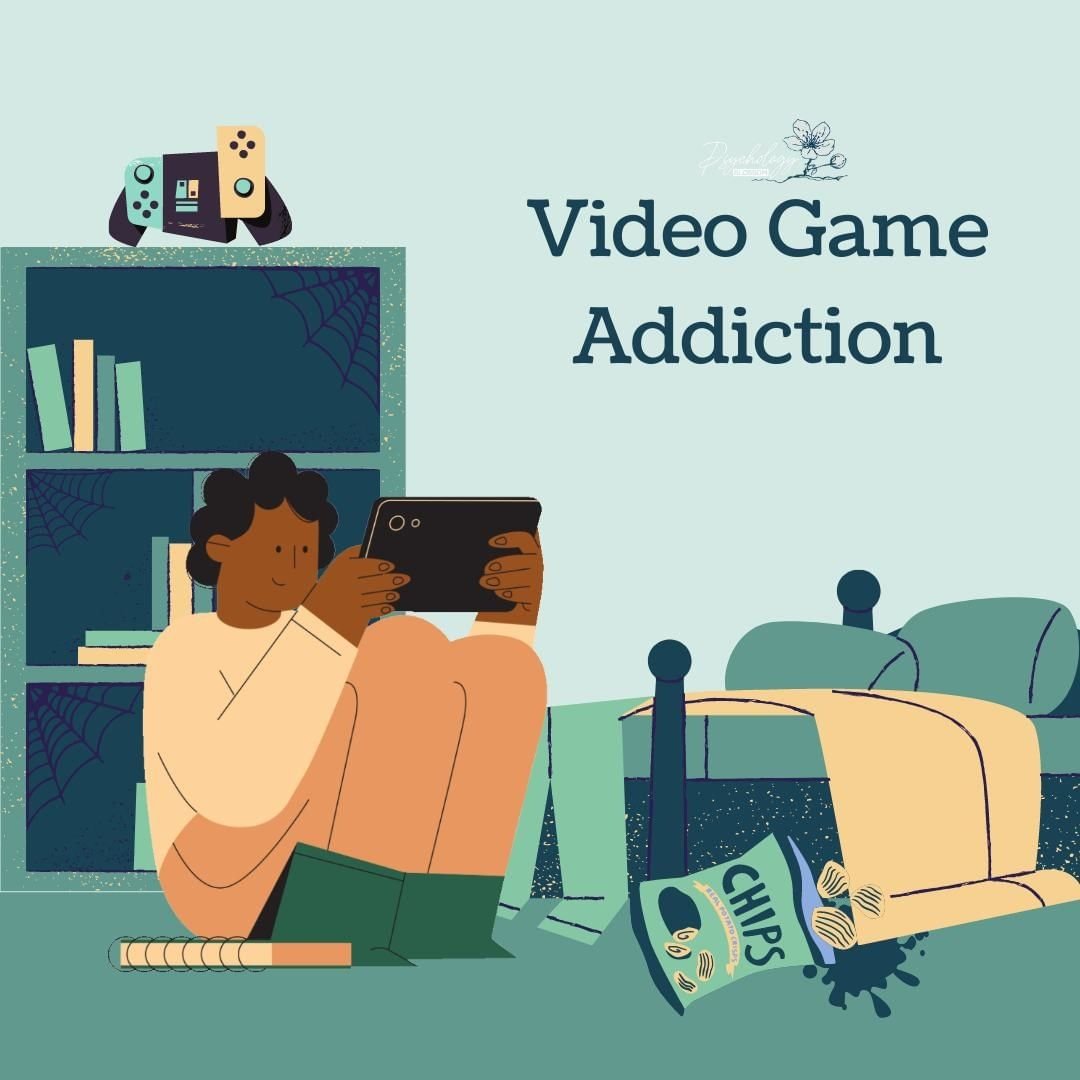Gaming Addiction: Signs, Treatment, and Prevention
Games are one of the most popular features of social networking sites these days, and they may be played on handheld devices, personal computers, or smartphones almost continuously. With the rise of immersive online platforms, rich parallel universes, multiple characters, and sophisticated plots have become commonplace in video games contributing to the development of Video Game Addiction. For introverted children and teens, gaming can sometimes become a way of avoiding face-to-face interactions, relying instead on digital connections and avatars that provide a sense of escape or empowerment.
Despite common stereotypes that portray video games as inherently harmful, not all gaming is problematic. Many experts argue that labeling passionate gamers as “addicted” can be misleading and harmful. For some, gaming can enhance imagination, teamwork, and cognitive skills. Parents and professionals alike often recognise that moderate, balanced gaming may even be beneficial. However, risks increase significantly when gaming becomes the primary focus, leading young people to neglect academics, physical activity, personal relationships, and self-care.
Despite the stereotypes, this problem affects not only children but also adults.
What Are Some Signs Of Video Game Addiction?
Gaming addiction can manifest through behavioural, emotional, and physical signs. Warning signs include:
- Thinking about gaming most of the time
- Becoming restless or irritable when unable to play
- Needing more gaming hours to achieve satisfaction
- Losing interest in previously enjoyable activities
- Struggling at school, work, or home due to gaming, yet continuing to play
- Lying to friends and family about gaming habits
- Using gaming as a coping mechanism for negative emotions
- Migraines or eye strain from prolonged focus
- Carpal Tunnel Syndrome caused by overuse of controllers or a mouse
- Neglecting personal hygiene and basic self-care
However, remember that unlike substances addiction, these symptoms are not always a pathology. Therefore, addiction to video games is more difficult to diagnose. Our experts will be happy to help you and your loved ones understand the behavior associated with video games.
Treatment Methods
✽ Therapy
Cognitive Behavioral Therapy (CBT) is one of the most effective approaches for treating gaming addiction. This therapy teaches individuals to reframe negative thoughts about gaming, replace compulsive behaviours with healthier habits, and build coping skills for resisting urges. CBT also helps clients set clear goals to reduce screen time and strengthen family relationships. Parents can also benefit from therapy to learn how to set healthy boundaries for their children’s gaming time.
✽ Support Groups
Joining support groups provides a sense of community and accountability. Individuals meet others who face similar struggles, share their experiences, and develop strategies for managing their gaming habits through group therapy and peer support.
✽ Medication
In some cases, medication such as bupropion has been used to help regulate brain chemistry associated with addictive behaviours. While medication is not the first line of treatment, it may be useful in combination with therapy for certain individuals, especially when other mental health issues are present.
Preventing a Gaming Addiction
Prevention is just as important as treatment. To maintain balance, children, teens, and adults can adopt these strategies:
- Set clear gaming time boundaries and follow them consistently
- Keep electronic devices out of the bedroom to prevent late-night gaming sessions
- Engage daily in alternative activities like sports, outdoor play, or hobbies to counteract the health risks of prolonged sitting
- Encourage open conversations about gaming habits within the family
- Promote healthy routines such as adequate sleep, social interaction, and school or work responsibilities
But remember that you need to know the measure in everything, and a simple passion for video games does not mean that your loved one is addicted to them. Even if you seriously suspect that your relative or friend is addicted to the video game, this is not a reason to panic. When addressed early, gaming can be enjoyed as a balanced hobby rather than developing into a harmful addiction.
We recommend This Video to those who wants to learn more about Gaming Addiction.
About Us
We are a team comprising psychologists based in Singapore endeavouring our best to prioritise our clients’ needs. When you embark on this journey with us, we take a collaborative approach where you and your psychologist work closely together, and listen to what you have to say — No judgments, and in a safe space. Meet our Team
Quick Links
Contact Us
150 Cecil Street #07-02 S069543
Opening Hours
Monday to Friday: 8am to 6pm
Saturday: 8am to 2pm
Sunday: 10am to 2pm (Online only)
Admin Hours
Monday to Friday: 8am to 5.30pm
Saturday: 8am to 2pm
© Copyright 2023 – Psychology Blossom | Privacy Policy | Terms


